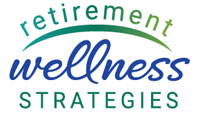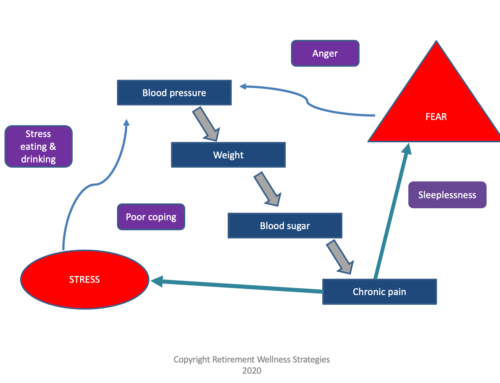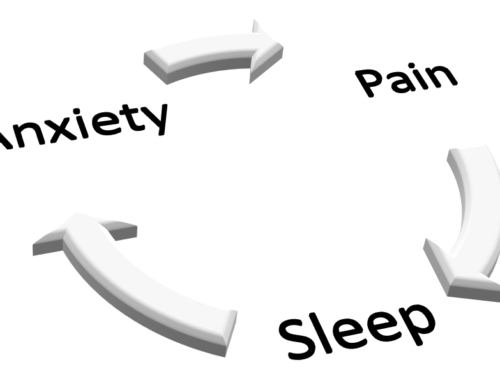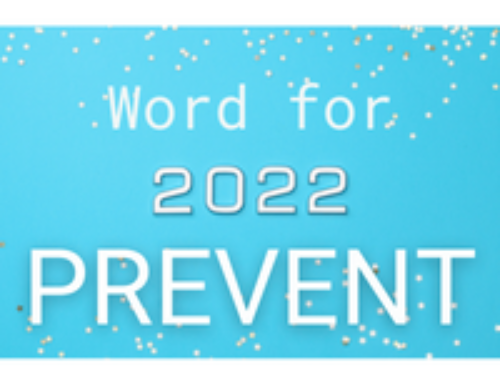‘Tis the season of flu, cough, and colds. I’ll be surprised if you don’t know someone with one of these right now. There are many products lining the shelves of the pharmacies and grocery stores ready to treat your symptoms.
If you have high blood pressure or a heart condition
Does it matter which product you choose to treat your symptoms if you have high blood pressure, heart failure, have had a heart attack, or you have some other heart condition? Actually, it does. Most of the products used to treat your cold or flu contain two main ingredients: decongestant and antihistamine.
Decongestants decrease the swelling of the lining of your nose. When these swell, you feel stuffy and have trouble breathing through your nose. Taking one while you have a cold or flu can help you breath better and relieve that stuffed-up feeling. Decongestants can be found in tablets, capsules, nasal sprays, nose drops, and liquids. They are often found in combination with other medicines for fever, headache, cough, sore throat, and mucous.
Decongestants work by increasing your sympathetic system. This is the part of your system that kicks in to gear when you are angry or afraid. It is called the ‘fight or flight’ response. It also causes your heart to beat harder and faster. Your veins and arteries get tighter. Your blood pressure goes up.
If you have high blood pressure or heart disease, this is not helpful. It puts you at risk of worse heart disease or even heart attack or stroke.
Antihistamines block histamine. This helps to dry up a runny nose, tearing of your eyes, sneezing, and itching in your nose and eyes. They are helpful with these symptoms for allergies or for colds/flu. They come in tablets, capsules, liquid, eye drops, and nasal spray. Some of the antihistamines (first generation) cause you to be sleepy and slow your thinking. The newer, second generation versions have fewer of these side effects, but they can still make you sleepy. Be very careful if you must drive while taking these.
Antihistamines should also be taken with caution with people in high blood pressure or heart disease.
The cold and flu medicines on the market for people with high blood pressure leave out the decongestant. They have the antihistamine and usually acetaminophen for fever. So, still be careful using these if you have high blood pressure. Check your blood pressure while you are taking them. Let your doctor know what you are taking for your cold and flu.
So, if most of the cough and cold and flu medicines on the market are not good for your heart or blood pressure, what should you do?
What can you do without taking cold and flu medicines?
For your fever, take acetaminophen. Medicines like ibuprofen (brand names Motrin, Advil) or naproxen (brand name Aleve) can raise your blood pressure and increase your risk of heart disease.
For your congestion, try a humidifier. Moist, warm or cool air can help break up the mucous and ease your swollen nasal passages.
Get plenty of rest so your body’s immune system can fight the virus. Drink plenty of fluid.
With or without a decongestant or antihistamine your cold or flu is likely to last about 5-7days.
Wash your hands, especially after being out in public. When you are in public or haven’t washed your hands recently, avoid touching your face (mouth, nose, eyes). And finally, please get your flu shot each year!
For more information about managing a cold or the flu with high blood pressure, please contact us at www.medsmash.com.
For further application, check out my personal blog.






